Life in Kafunjo: Agriculture
Agriculture is a huge part of The Kafunjo Community Project as they are always striving to be as self-sufficient as possible. Unfortunately, due to the large number of children Kafunjo supports, they do heavily rely on purchasing food from the market. The Project owns 35 acres of farmland. On this land, beans, maize, millet, cassava, peanuts, coffee, cabbage, spinach, cucumbers, carrots, peppers, onions, egg plants, tomatoes, sweet potatoes, and pumpkins are grown. Additionally, they grow banana, mango, and avocado trees year round. The only crops they make a profit from is coffee, everything else is grown solely to feed those at the Project.
Bruno hires roughly 5 people from the village to do agricultural work for the Project and they work from 8-11 a.m daily. We absolutely love that supporting the Project also means supporting the struggling families in the village. These workers assist during planting season and then return as needed to clear the weeds. There are two planting seasons per year - the first begins in February and the second in August. The workers use crop rotation in the fields and plant complementary crops together - like maize and beans. Most of the maize and beans are watered by the water system that was built by Poured Out in 2023 (see our Life in Kafunjo: Water page for more info on this). The vegetables, however, are watered by hand during droughts using watering cans. Vegetable crops are intentionally planted near the two rivers the Project resides between.
It takes about 4-6 months following the planting season for many of these crops to be ready for harvest. When the food is ready, the children help out a lot with the work of harvesting it. The main obstacles keeping Kafunjo from crop abundance are drought and flooding. If it weren’t for these two issues, Bruno says that they would have enough land to grow all the food needed to be completely self-sufficient.
While much of the general food waste is fed to the pigs, a small amount of compost composed of uprooted plants from clearing fields during planting season is utilized. However, the Project’s livestock provide them plenty of manure that is also applied to the soil to increase production.
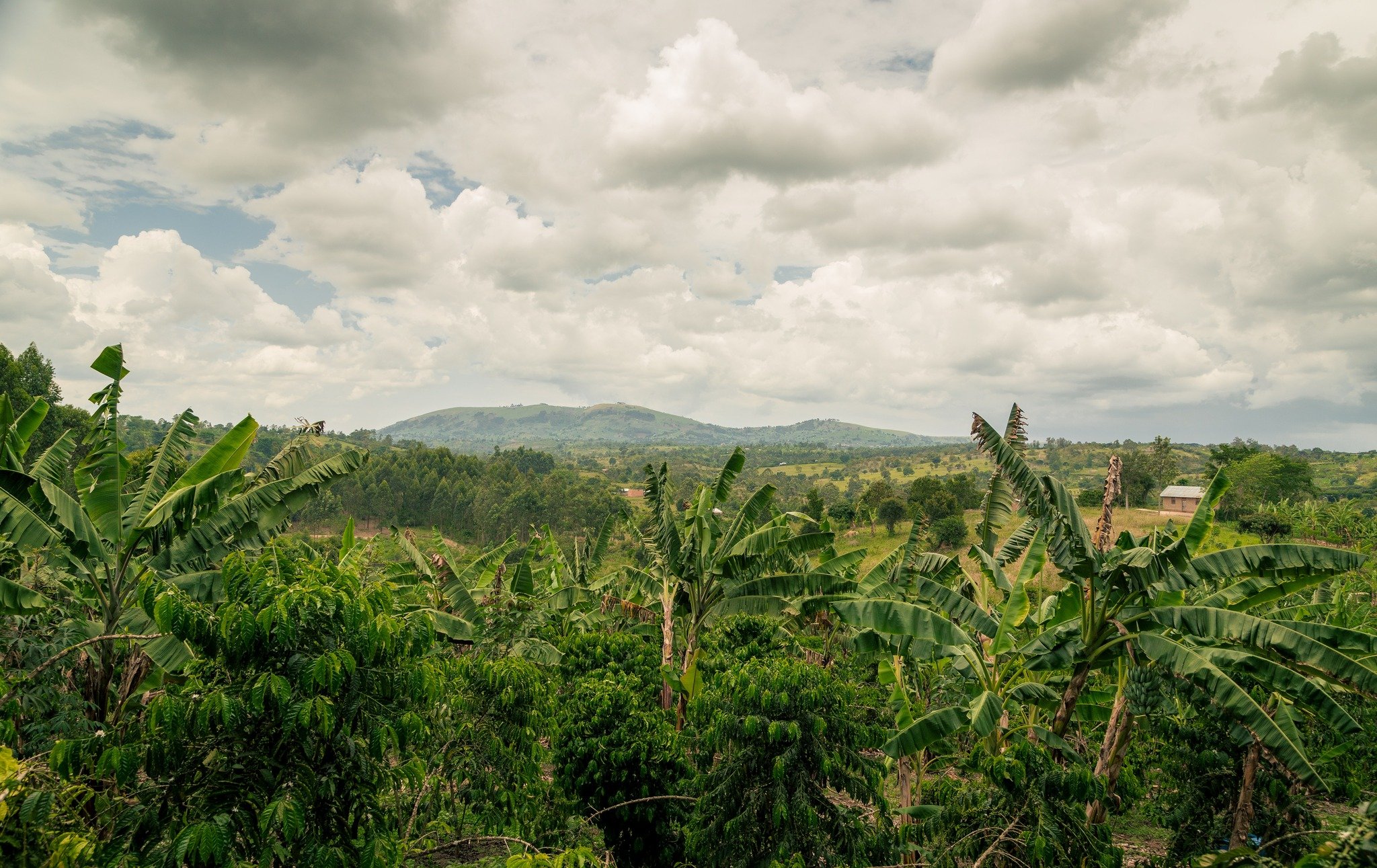
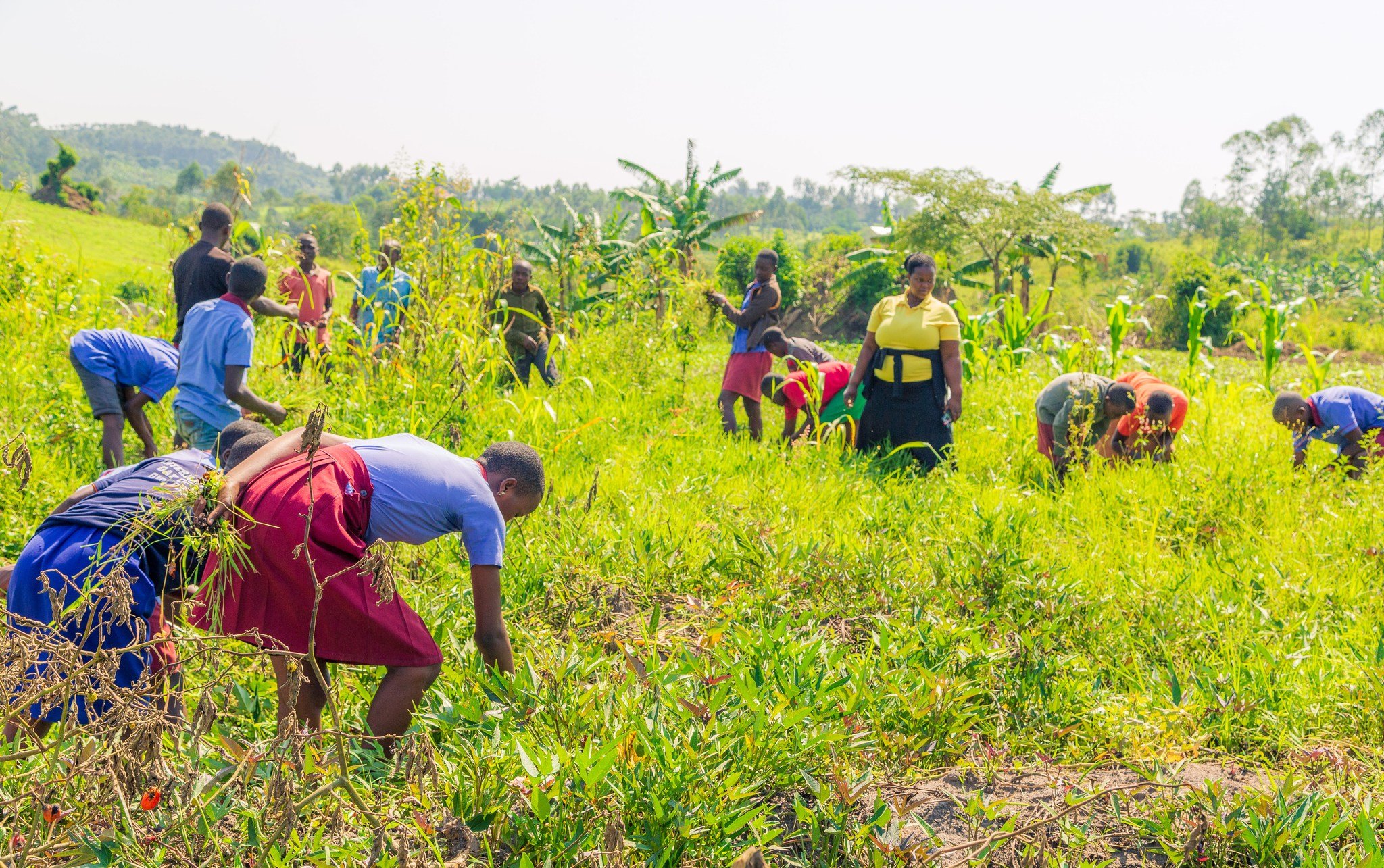
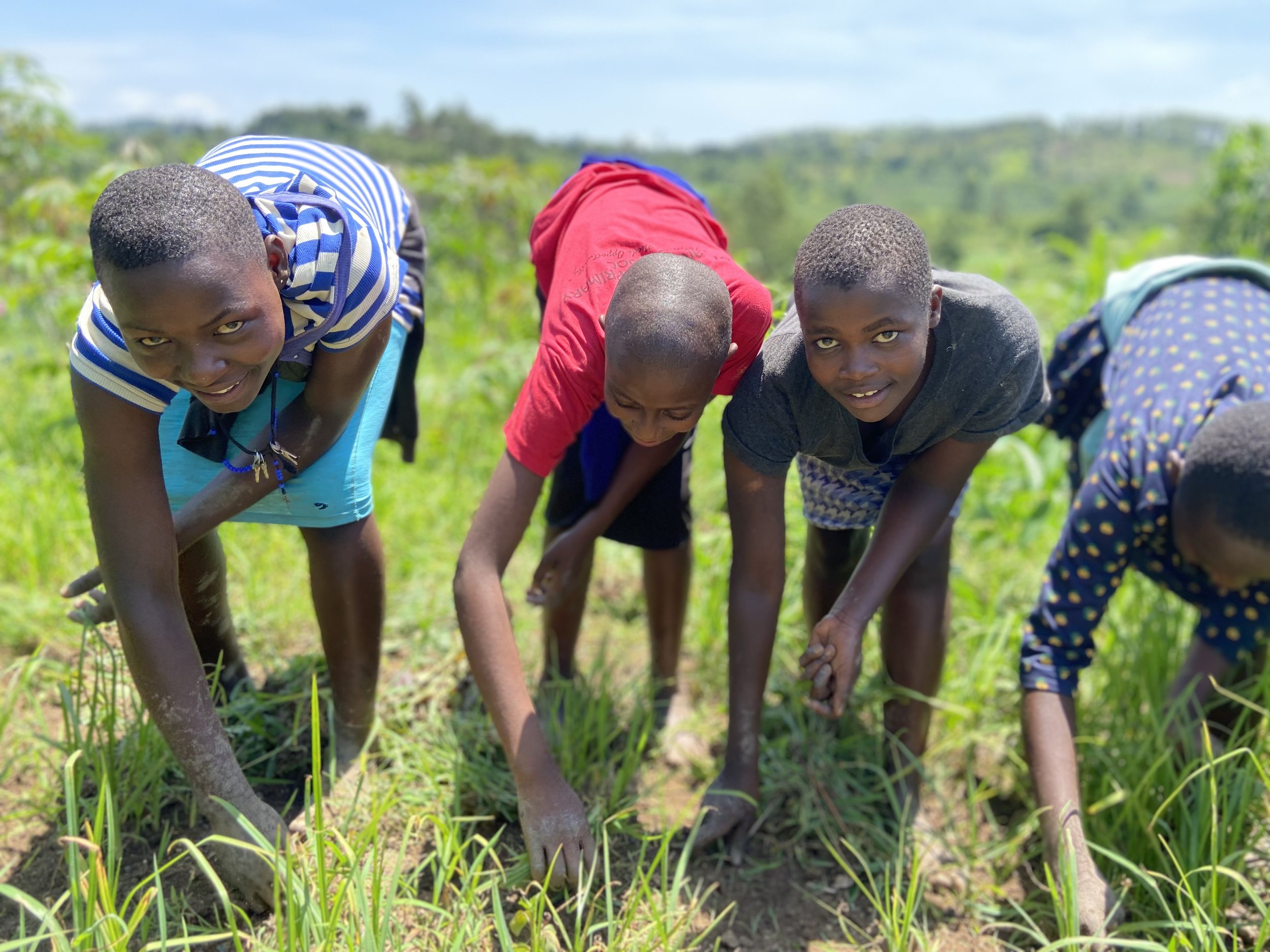
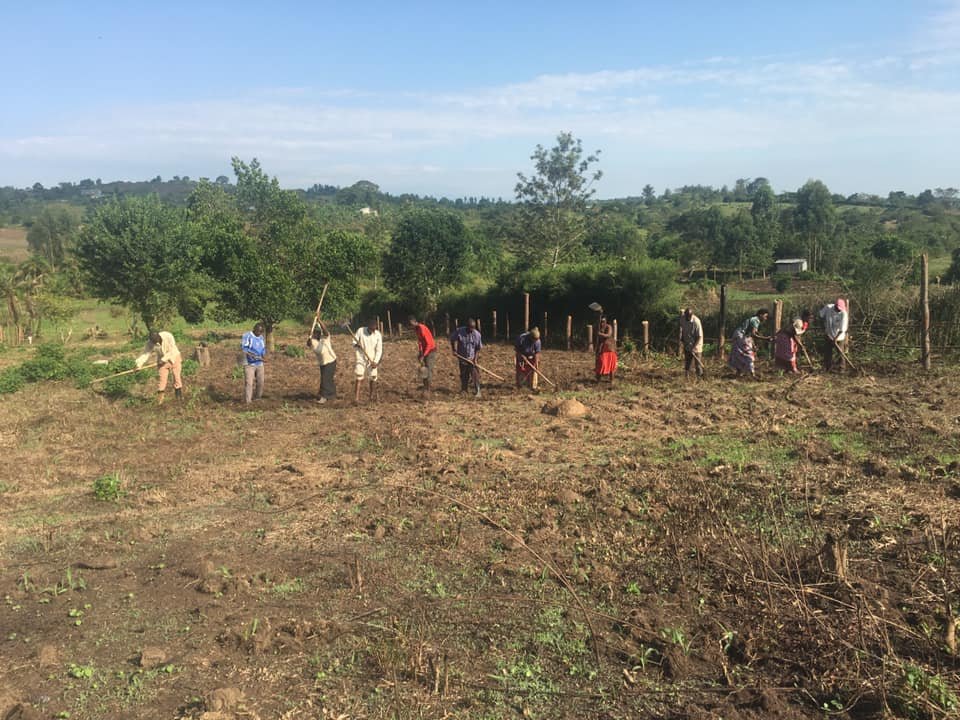
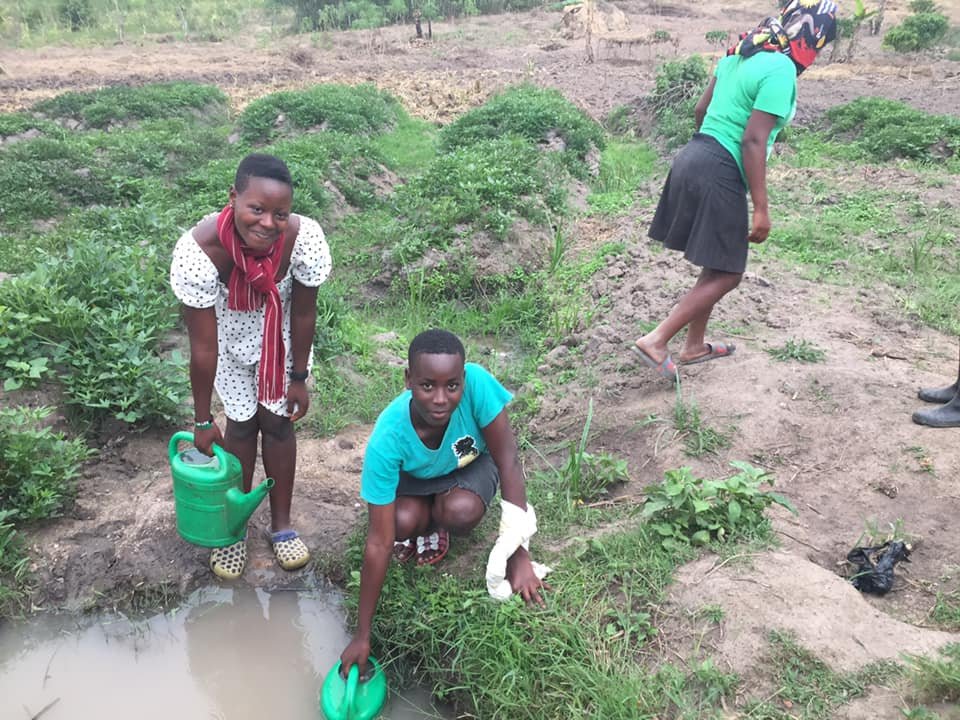
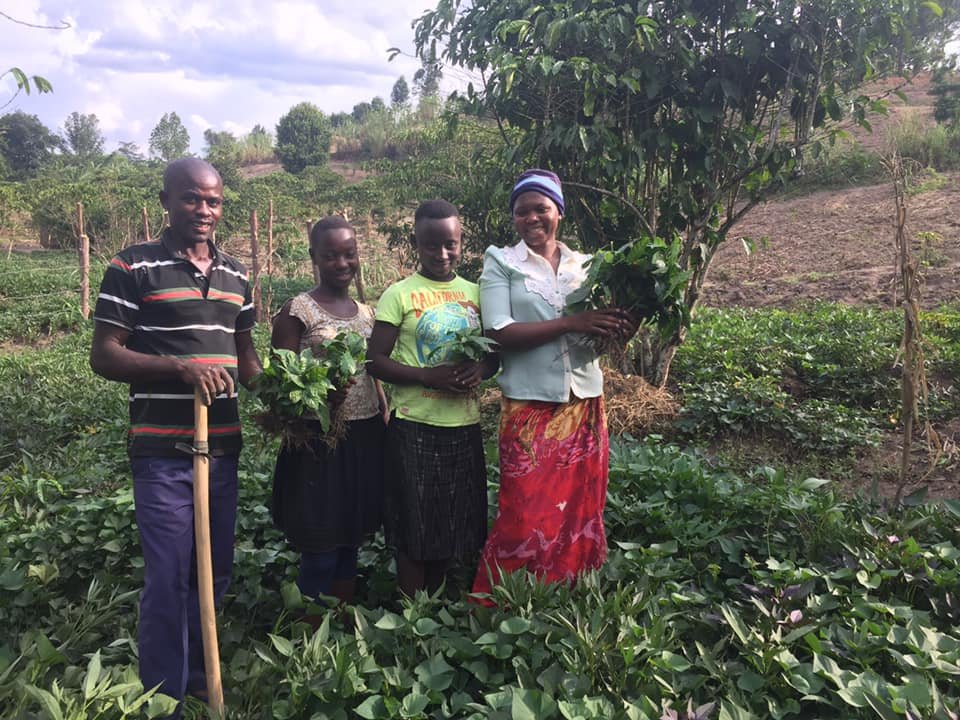
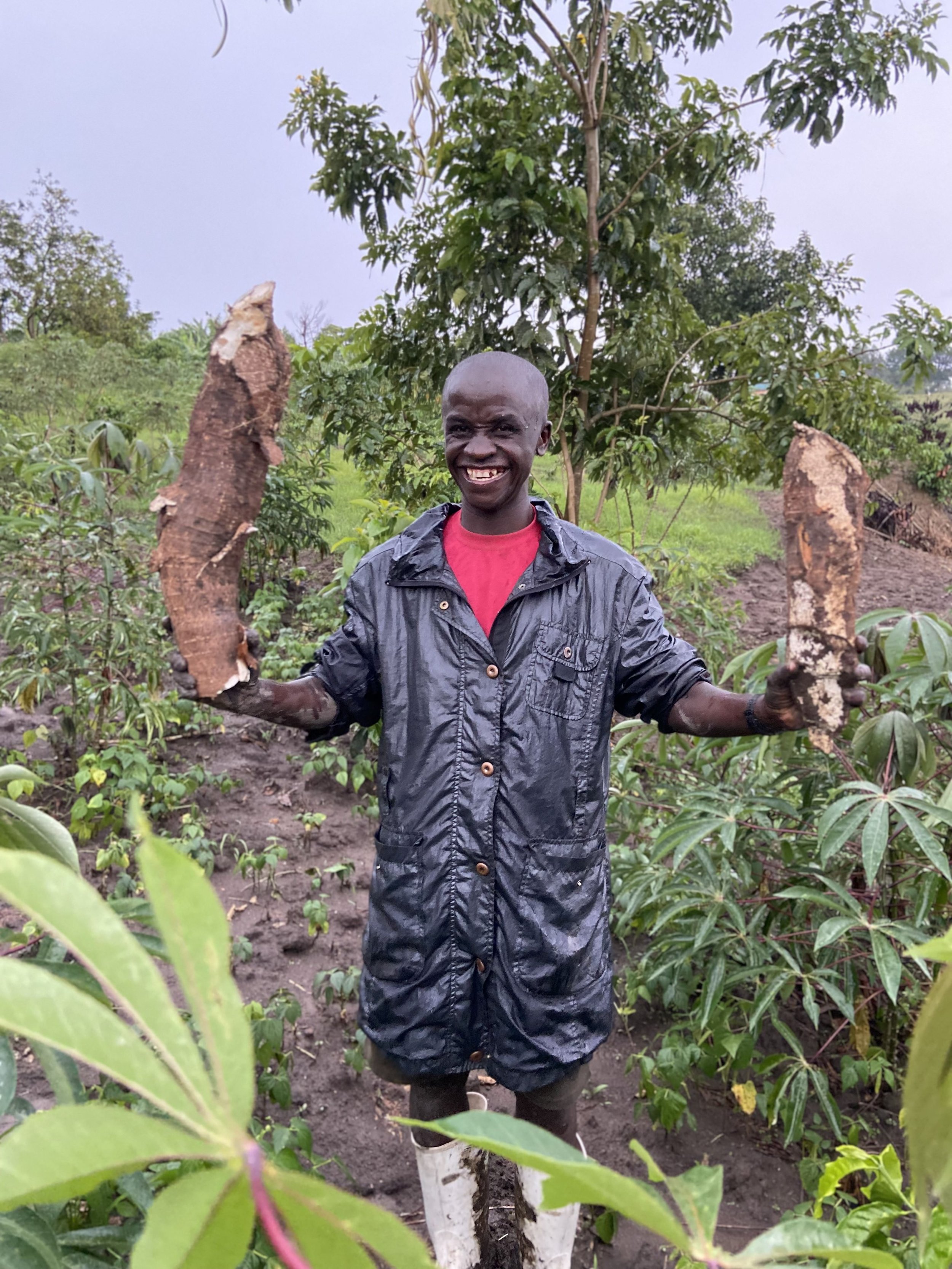
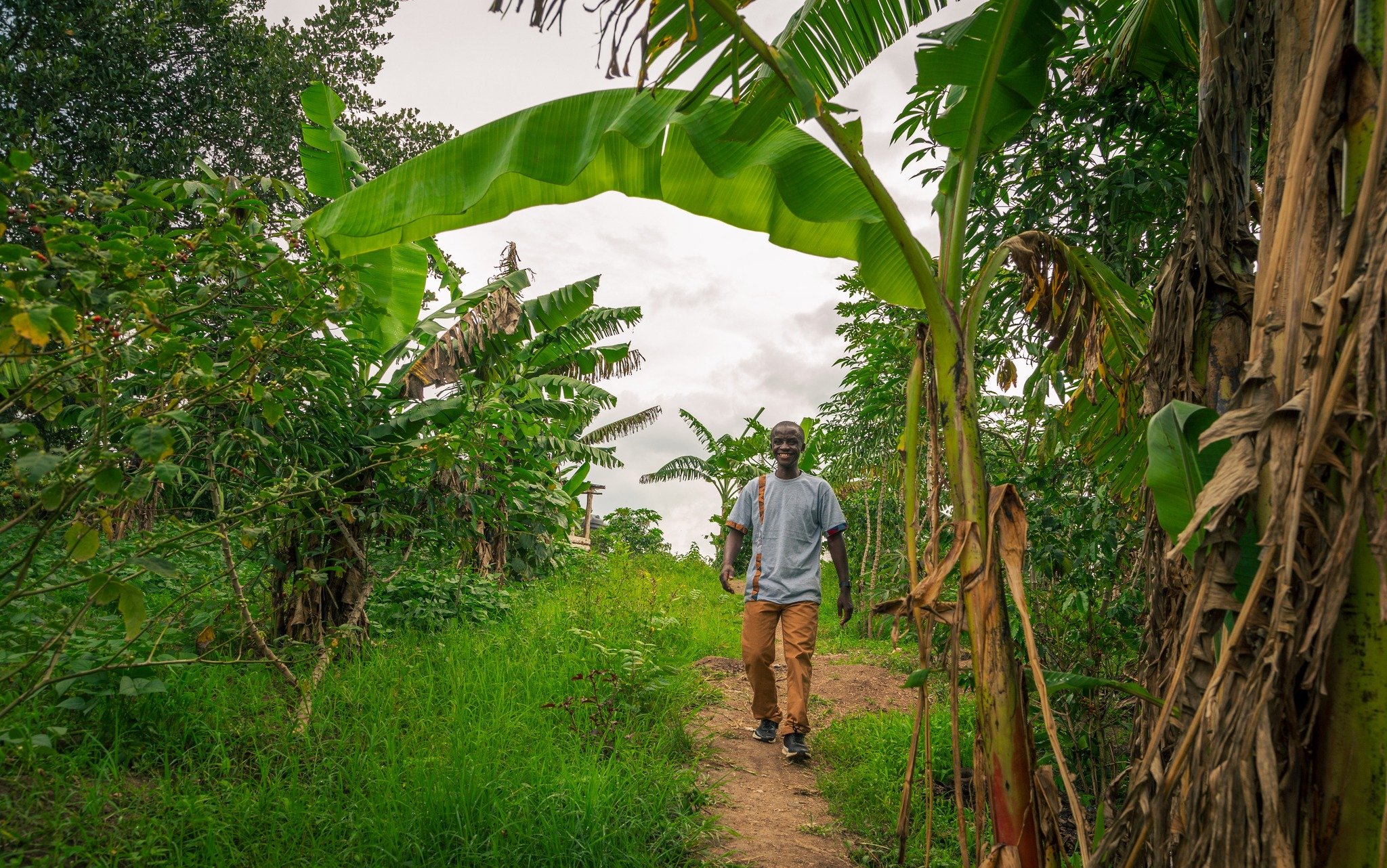
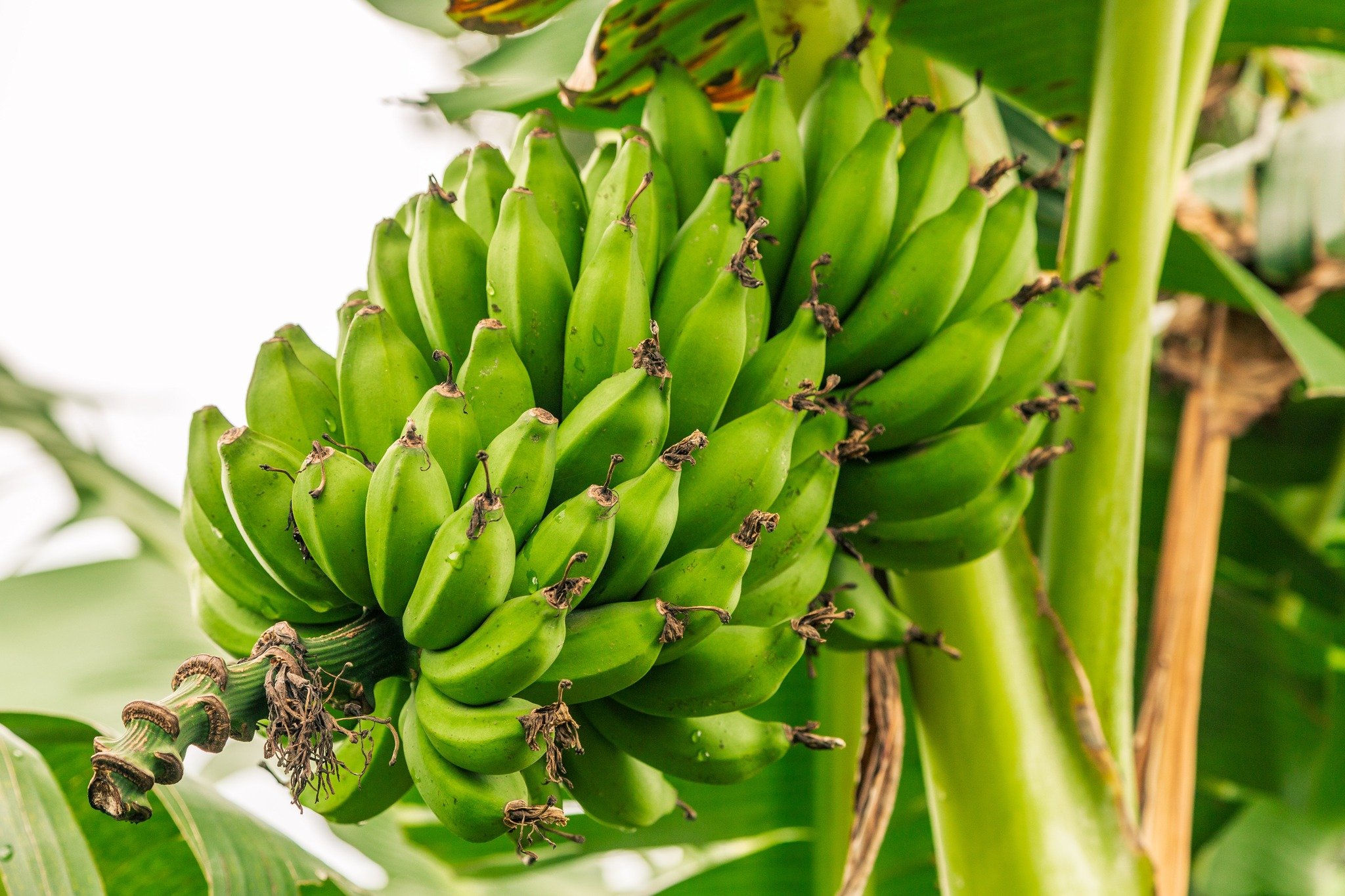
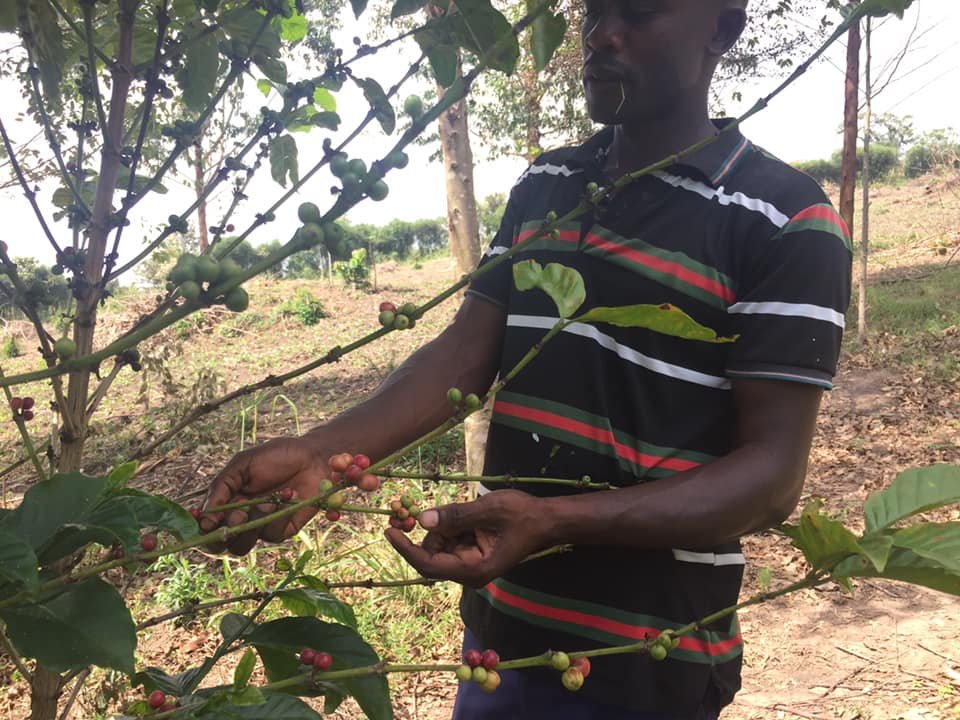
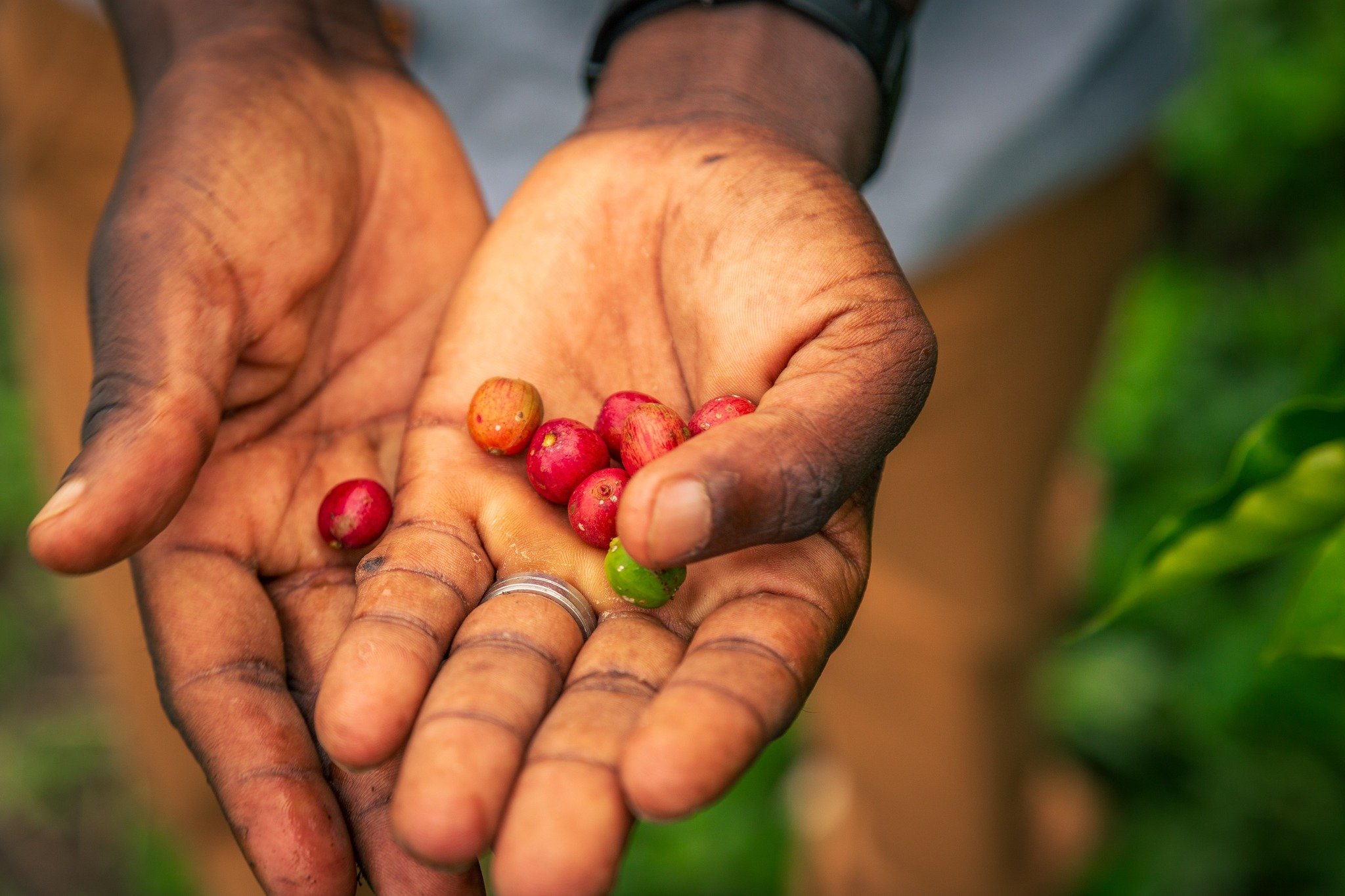

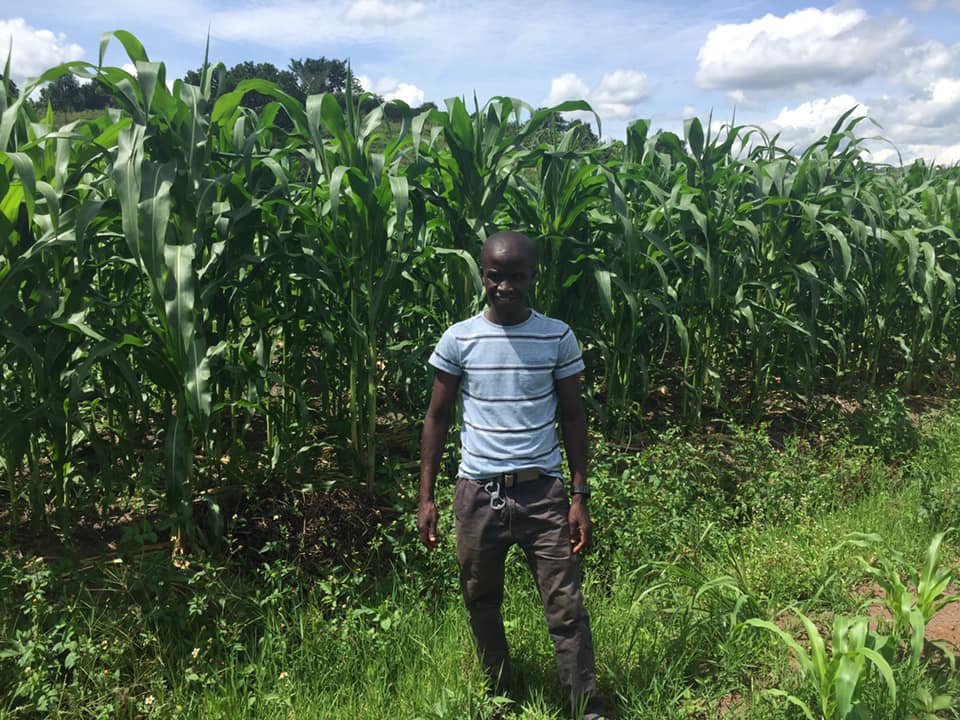
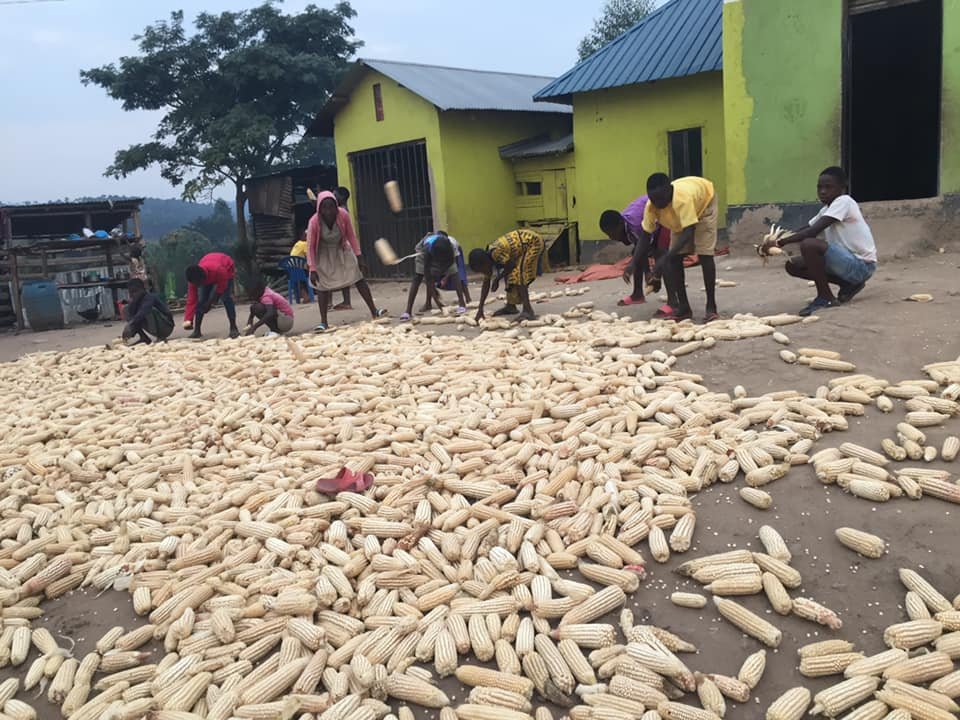
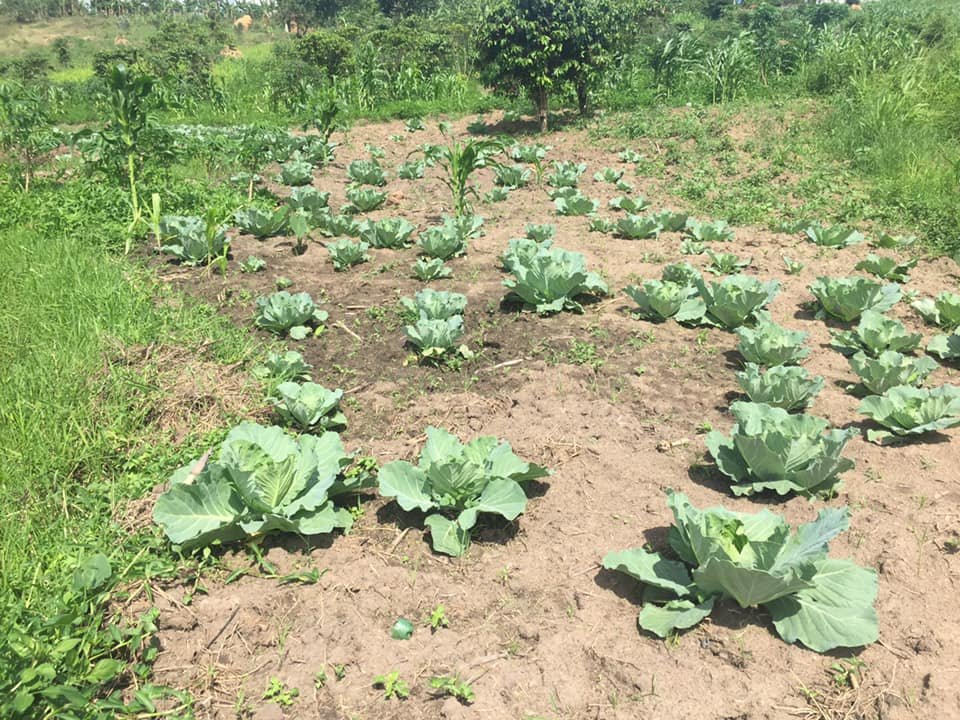
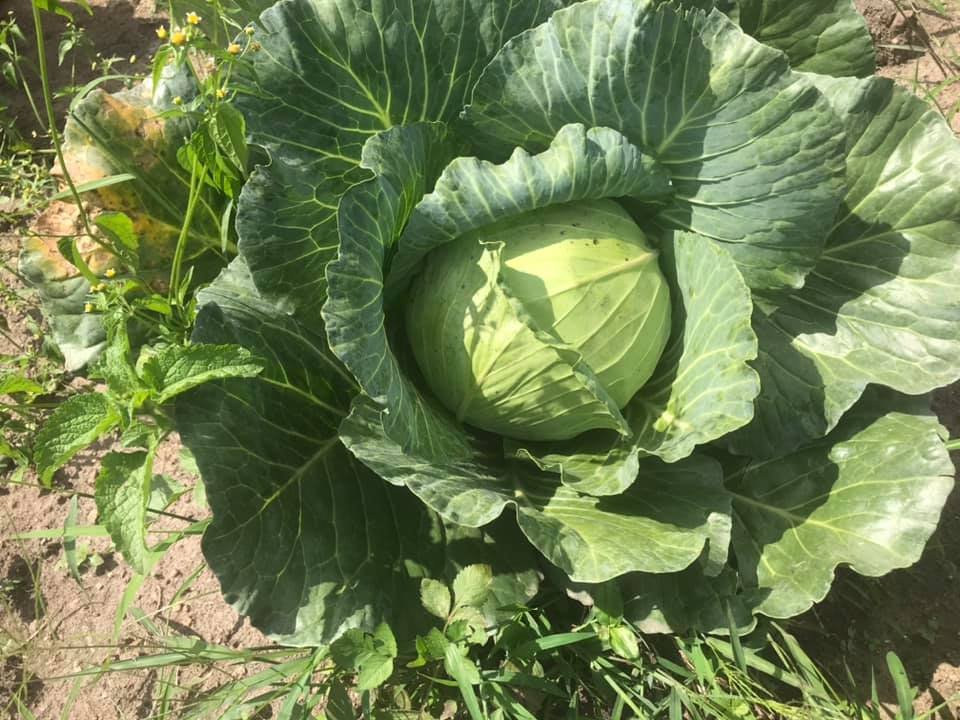
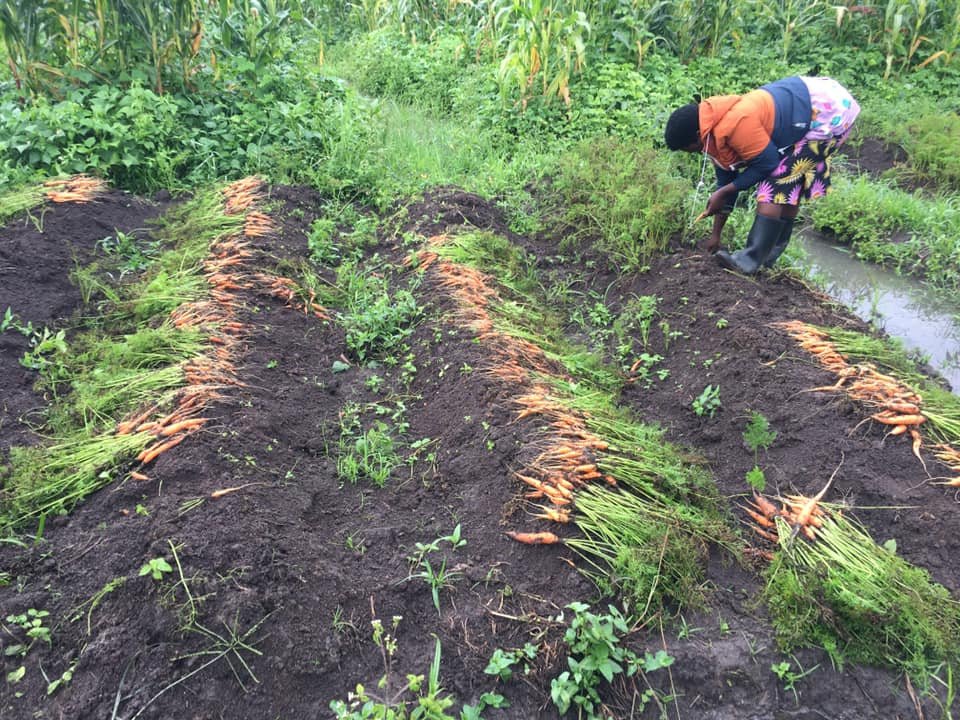

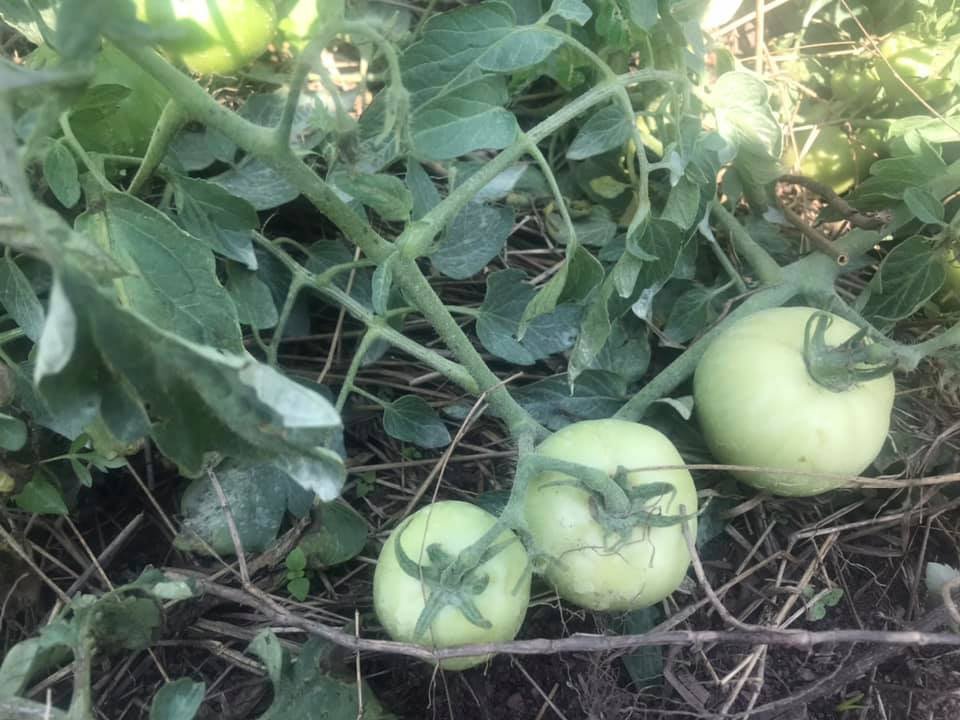
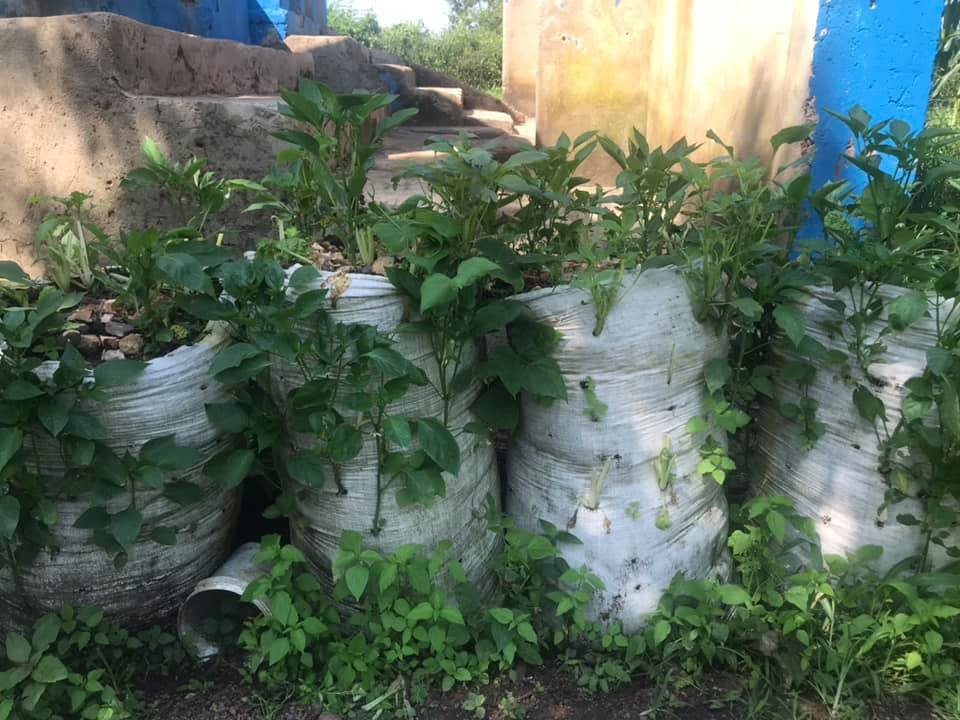
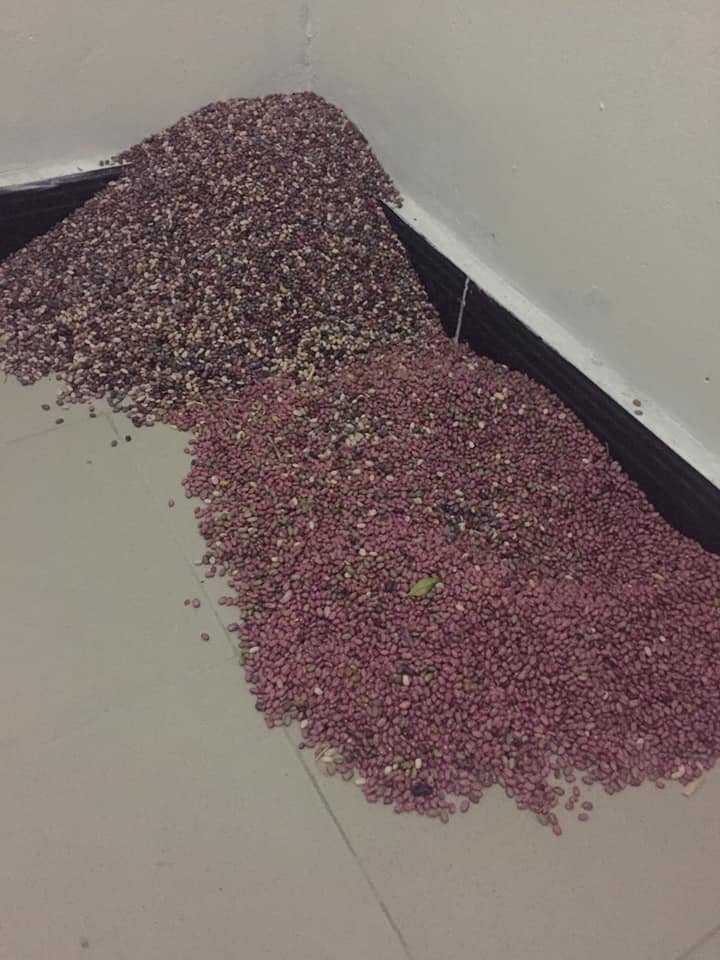
“Agriculture is important because it brings children to have what to eat. It is also part of education so children could study how to grow different kinds of crops and it helps the project to earn a living by selling coffee. I like that it brings teamwork, makes us busy, children gain knowledge, and we learn other methods of farming. My favorite part of agricultural work is growing fruits and vegetables. I hire mostly needy people. I hired 10- 15 people before Covid, but now we can only afford to hire about 5 people for field work. My favorite food that we grow is ground nuts.”
-Valence, Head of Agriculture
